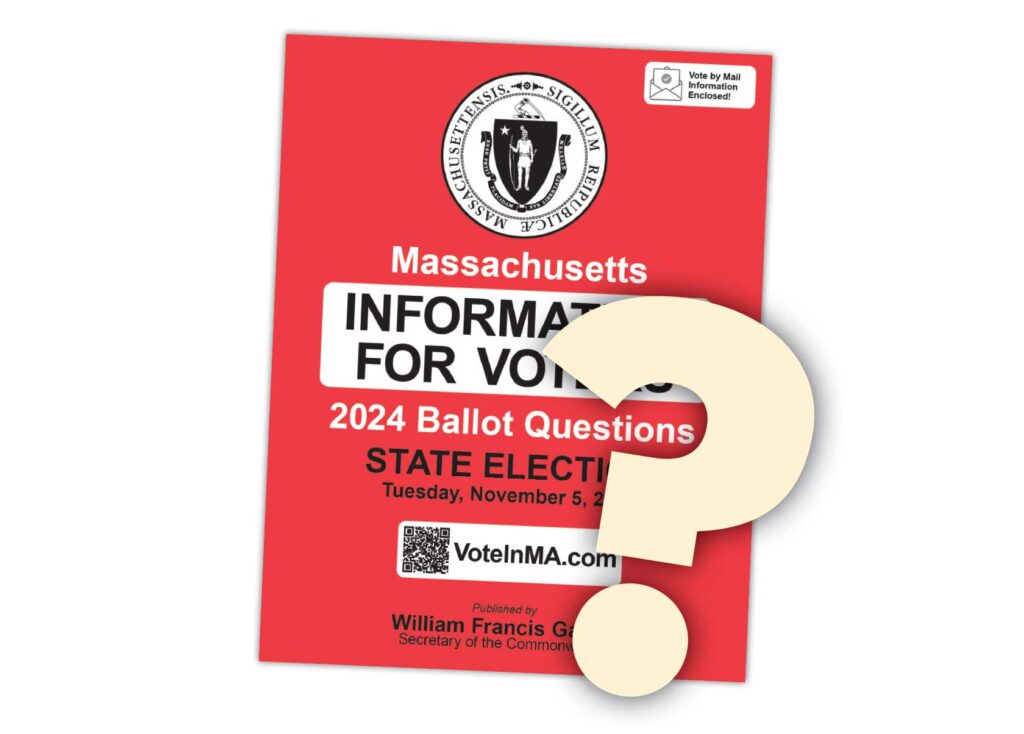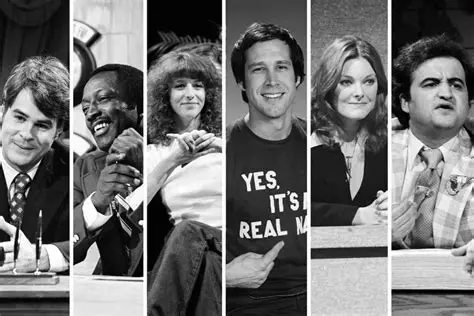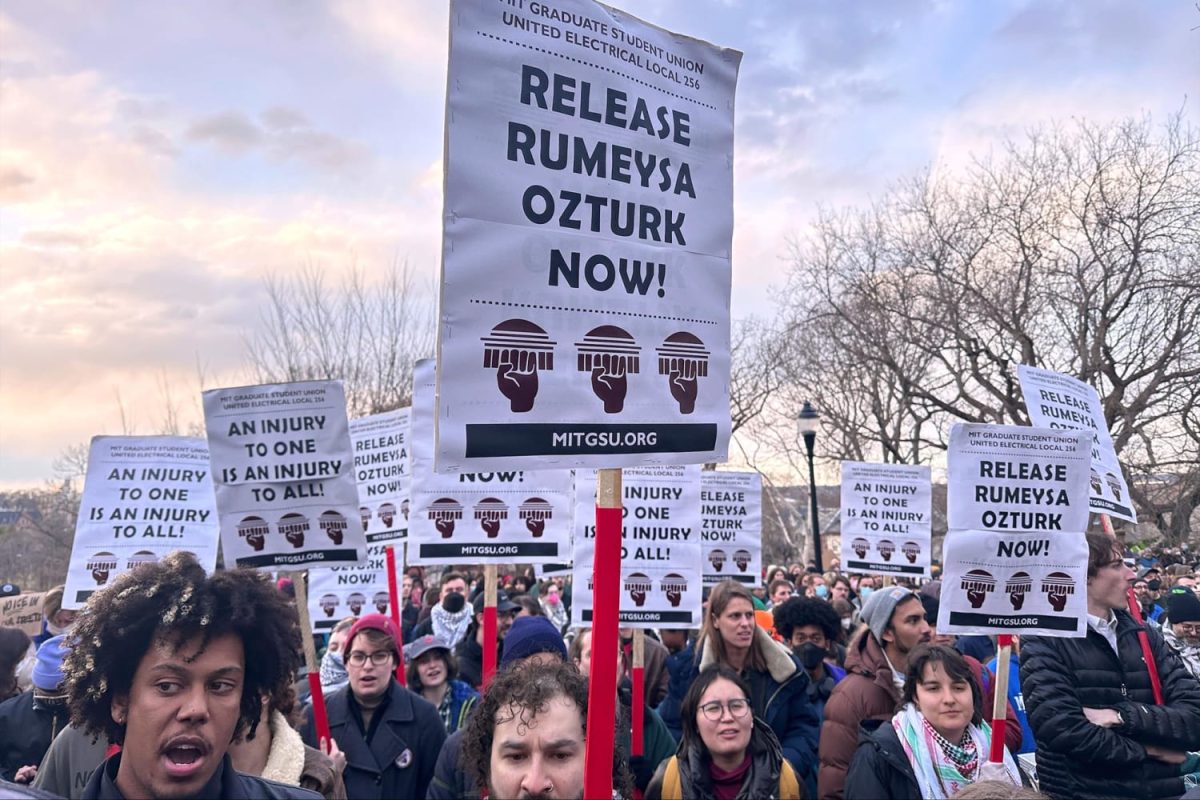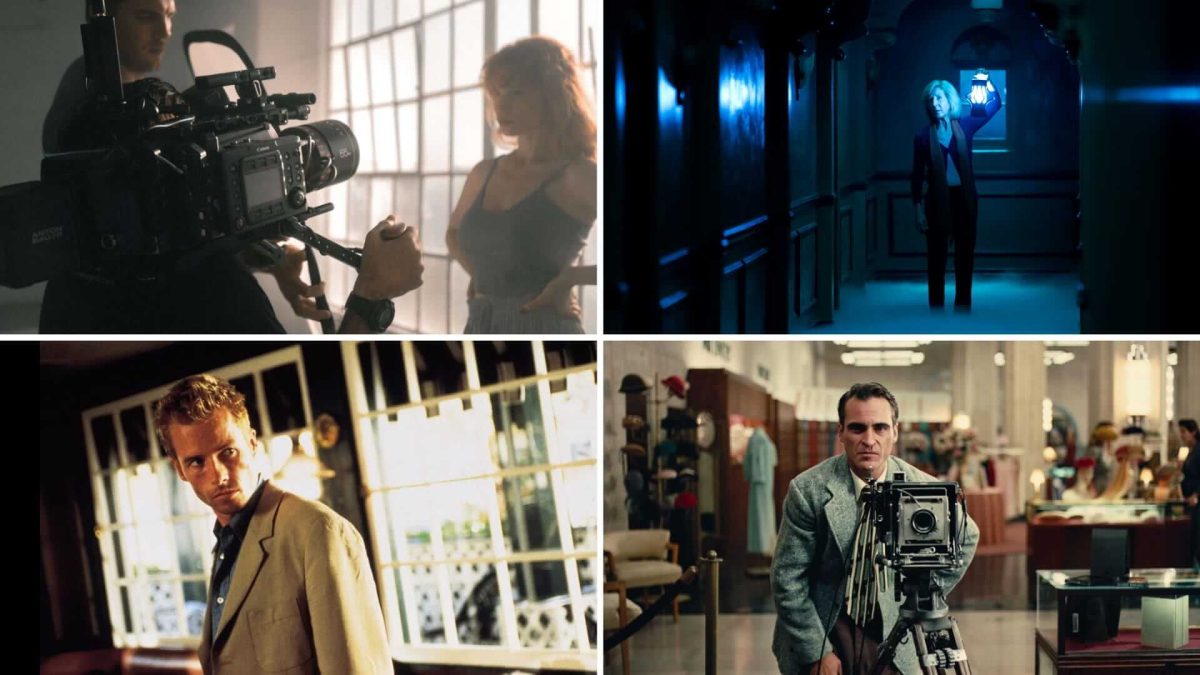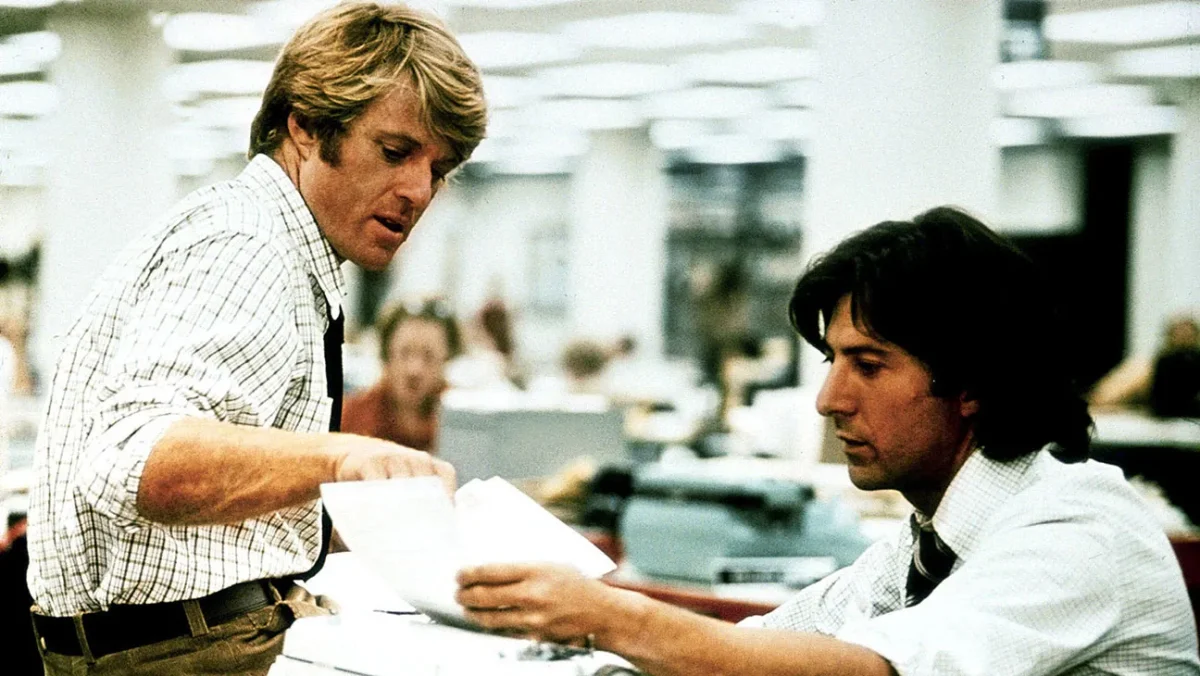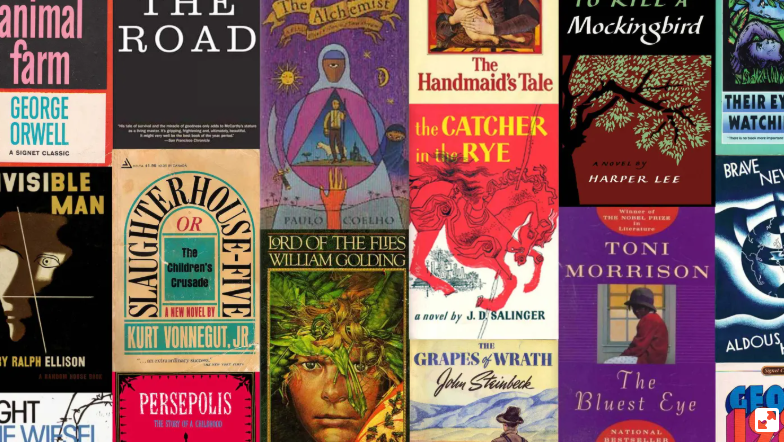November 5th had Americans all over the nation fill in their pick for our future president. With that comes questions states ask regarding topics they feel are important to their residents. In the Commonwealth of Massachusetts, this year’s voters were faced with some difficult ballot questions. They ranged from overseeing money, unionization, and even educational requirements for high school students like me. I decided to take a look at the results of the ballot questions asked on the Massachusetts voting ballot.
Question 1: Shall the state auditor oversee the legislature?
Massachusetts State Auditor Diana DiZoglio oversees spending and taxes throughout the state. She and her team ensure the taxes residents pay are going to the right things, increasing transparency in the state government. This question asked Massachusetts residents if the state auditor shall be allowed to oversee spending in the legislative branch of the state government. The auditor has concerns over the spending habits of the legislative branch, prompting this question on our ballots. A yes vote would allow the auditor to oversee most legislative spending, while a no vote would prevent the auditor from overseeing the spending of the legislative branch.
What did the people of Massachusetts say? 71.6% of residents who voted in this election said YES, giving way for the auditor to oversee legislative spending.
Question 2: Should MCAS be a graduation requirement for public high school students in Massachusetts?
To graduate from a public school in Massachusetts, all students must pass their 10th-grade Math and English. Those who believe MCAS shouldn’t be a graduation requirement argue this test disproportionately affects students from underrepresented communities, ESL (English as a second language) students, and those who are not great standardized test takers. Those who are for MCAS being a graduation requirement argue this test sets a statewide standard for students to reach and without the test, how would parents be able to gauge how their students are performing academically? A yes vote would allow MCAS to be administered to 10th-grade students without a graduation requirement while a no vote would keep the MCAS graduation requirement in place.
What did the people of Massachusetts say? Well, 58.9% of voters said… YES, MCAS should not be a graduation requirement.
Question 3: Should rideshare drivers be able to unionize?
Drivers who work under companies like Uber and Lyft feel as if their opportunities haven’t been maximized due to not having a union. Supporters of this question argue that unionization would allow Uber and Lyft drivers to bargain with their corporations for better pay and amenities in exchange for the long hours they work. Critics say this unionization would increase the prices of rideshare transportation and would be inconvenient to those who rely on this method. A yes vote would allow rideshare drivers to form a union, while a no vote would prevent rideshare drivers from forming any sort of union.
What did the people of Massachusetts say? This question came down to a mere 5%… but voters ultimately said YES, rideshare drivers should be able to form labor unions!
Question 4: Should some naturally occurring psychedelic drugs be used for recreational and prescribed use?
The Commonwealth of Massachusetts already approves of marijuana (a naturally occurring drug) being recreationally used as long as the person is over the age of 21. This question asks about the drugs psilocybin, psilocyn, mescaline, DMT, and ibogaine being approved for recreational use (including purchasing, sharing, and growing). Those in agreement with this question state drugs like psilocybin have been medically proven to help those with clinical anxiety and terminal illnesses. They also argue voting yes would open new opportunities in psychedelic research. Those who oppose this question have concerns about the long-term effects of these drugs, as ibogaine negatively impacts our cardiovascular system while DMT can have negative neurological effects. They also claim there is too much not known about these drugs. A yes vote would allow some more psychedelic drugs to be approved for recreational use (for those OVER the age of 21) while a no vote would keep the recreational drug use laws the same.
What did the people of Massachusetts say? The citizens spoke, and 57.4% of voters said NO, psychedelic drugs should not be used for recreational use
Question 5: Should the minimum wage for tipped workers increase?
Waitresses, bartenders, and nail technicians rely heavily on tips, making the rules regarding their salary different from the typical worker. Corporations pay them as little as $6.75 an hour, claiming tips make up the difference in salary. Those in agreement with the bill state that gradually increasing the tipped minimum wage would allow those working in these industries to earn higher wages, a liveable one. Those who oppose this question state restaurants would have to increase their prices to make up for the difference. This could lose them customers and the money they need to pay their staff and amenities within the business. A yes vote would gradually increase the minimum wage for tipped workers, while a no vote would keep the rules in restaurants and salons the same.
What did the people of Massachusetts say? The residents were very clear… 64.3% of voters said NO, the minimum wage for tipped workers shall not increase.
All in all, the ballot questions Massachusetts voters had to answer were quite interesting and had some unexpected results.



